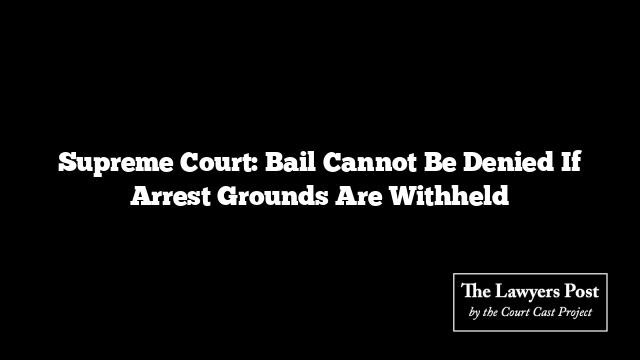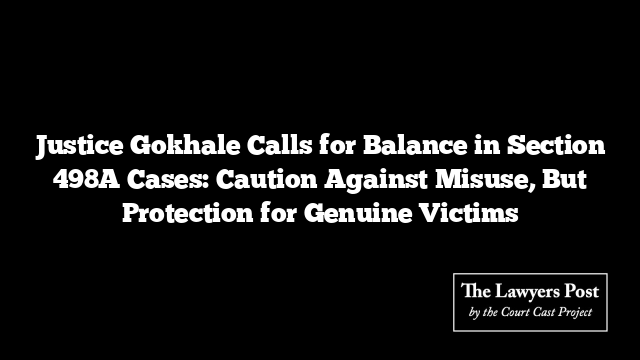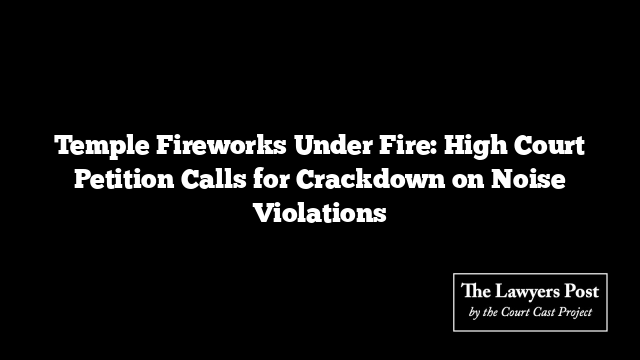In a landmark decision, the Supreme Court has ruled that authorities must immediately inform arrested individuals of the grounds for their detention, as mandated by Article 22(1) of the Constitution. Failure to do so renders the arrest illegal and entitles the accused to bail, regardless of statutory restrictions.
The Court emphasized that withholding this crucial information violates fundamental rights and invalidates subsequent judicial orders for remand. It further clarified that while an unlawful arrest does not nullify an investigation, chargesheet, or trial, neither a chargesheet nor a trial court’s cognizance can retroactively legitimize a constitutionally defective arrest.
A bench comprising Justices Abhay S Oka and N Kotiswar Singh reinforced that magistrates must verify compliance with Article 22(1) before granting remand. Additionally, Justice Singh noted that the grounds of arrest must be shared not only with the accused but also with their nominated representatives, as required under the Code of Criminal Procedure.
The ruling came in response to a case involving a man accused of cheating, forgery, and criminal breach of trust. He argued that he was neither informed of the reasons for his arrest nor produced before a magistrate within the mandated 24-hour period. Moreover, he was reportedly handcuffed and chained to a hospital bed while in custody.
Rejecting the Punjab and Haryana High Court’s dismissal of these concerns, the Supreme Court deemed the treatment of the accused as a violation of his dignity under Article 21. The Court ordered his immediate release while allowing the trial to proceed.
Additionally, the State of Haryana has been directed to issue guidelines ensuring that no arrested individual is subjected to similar treatment in the future.





